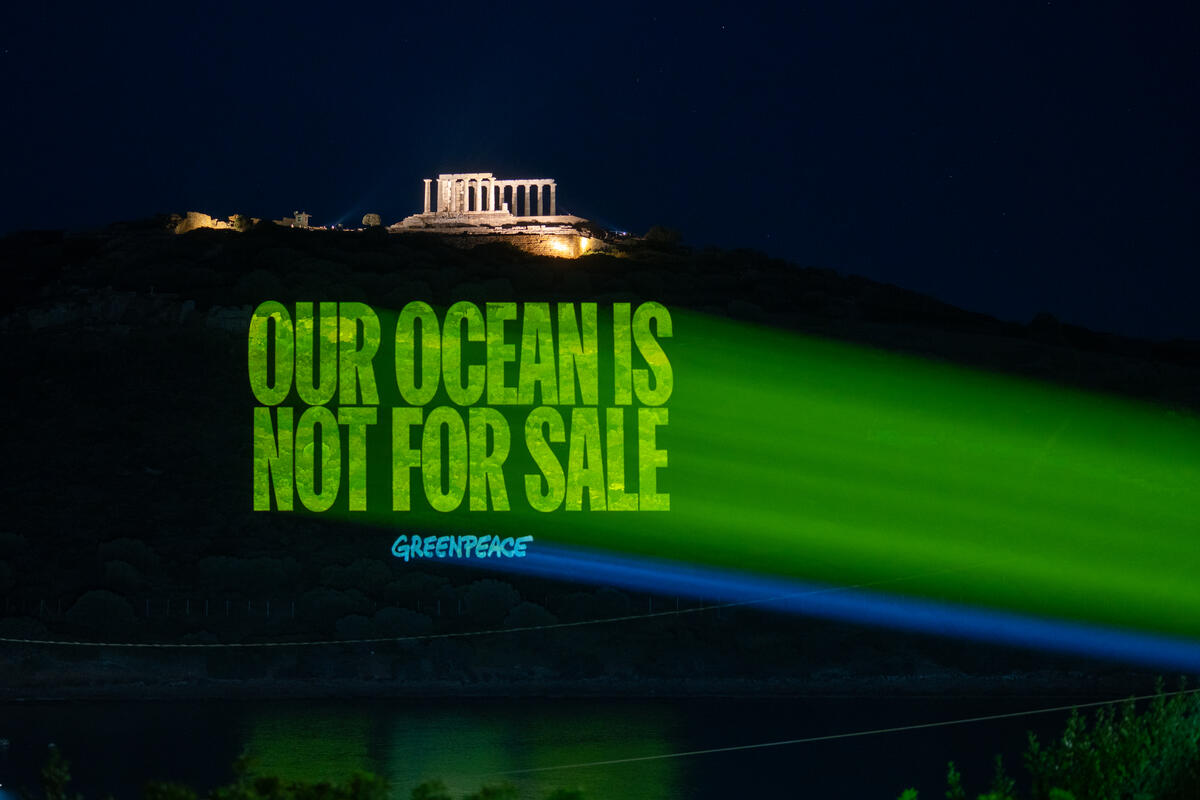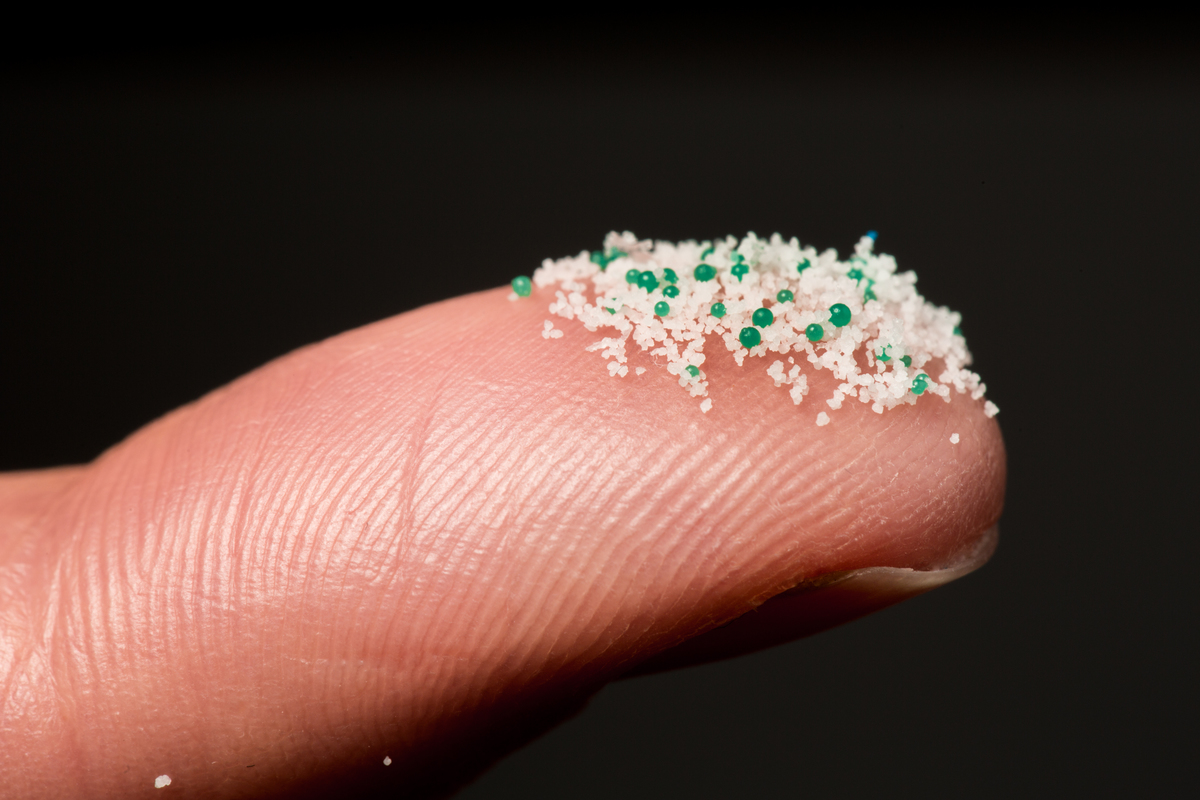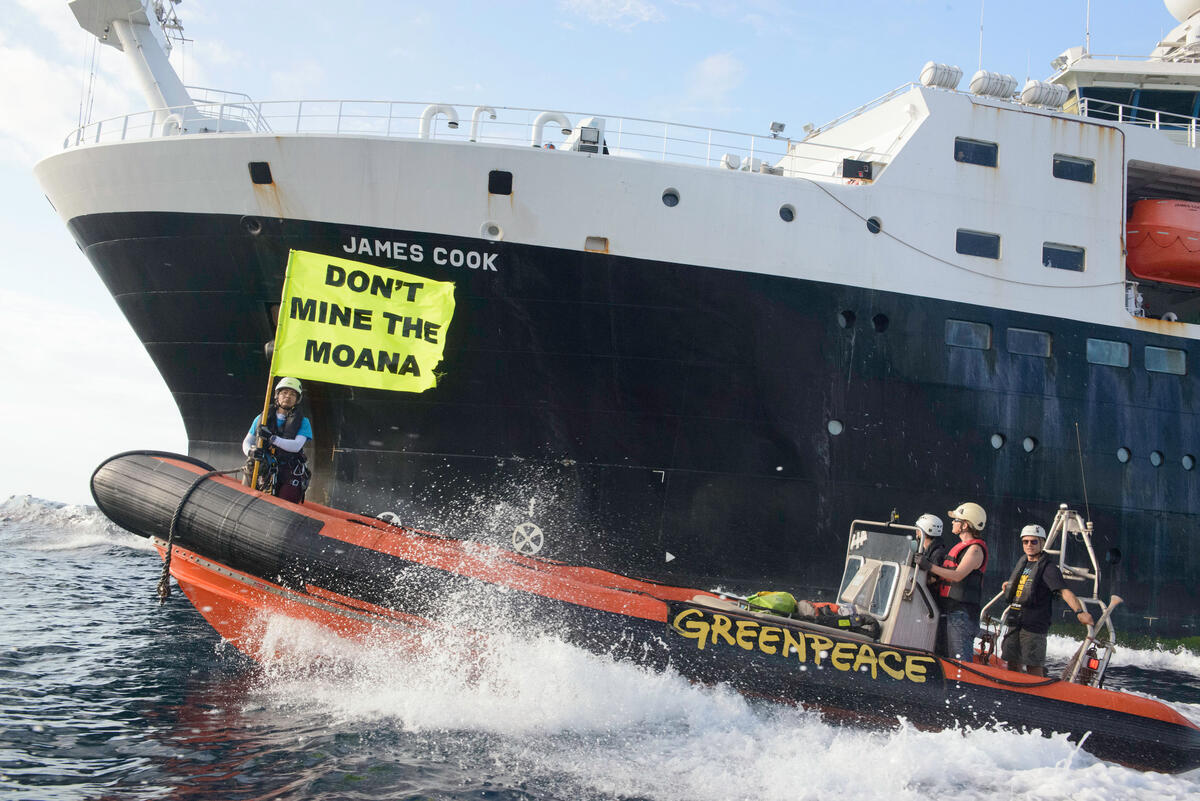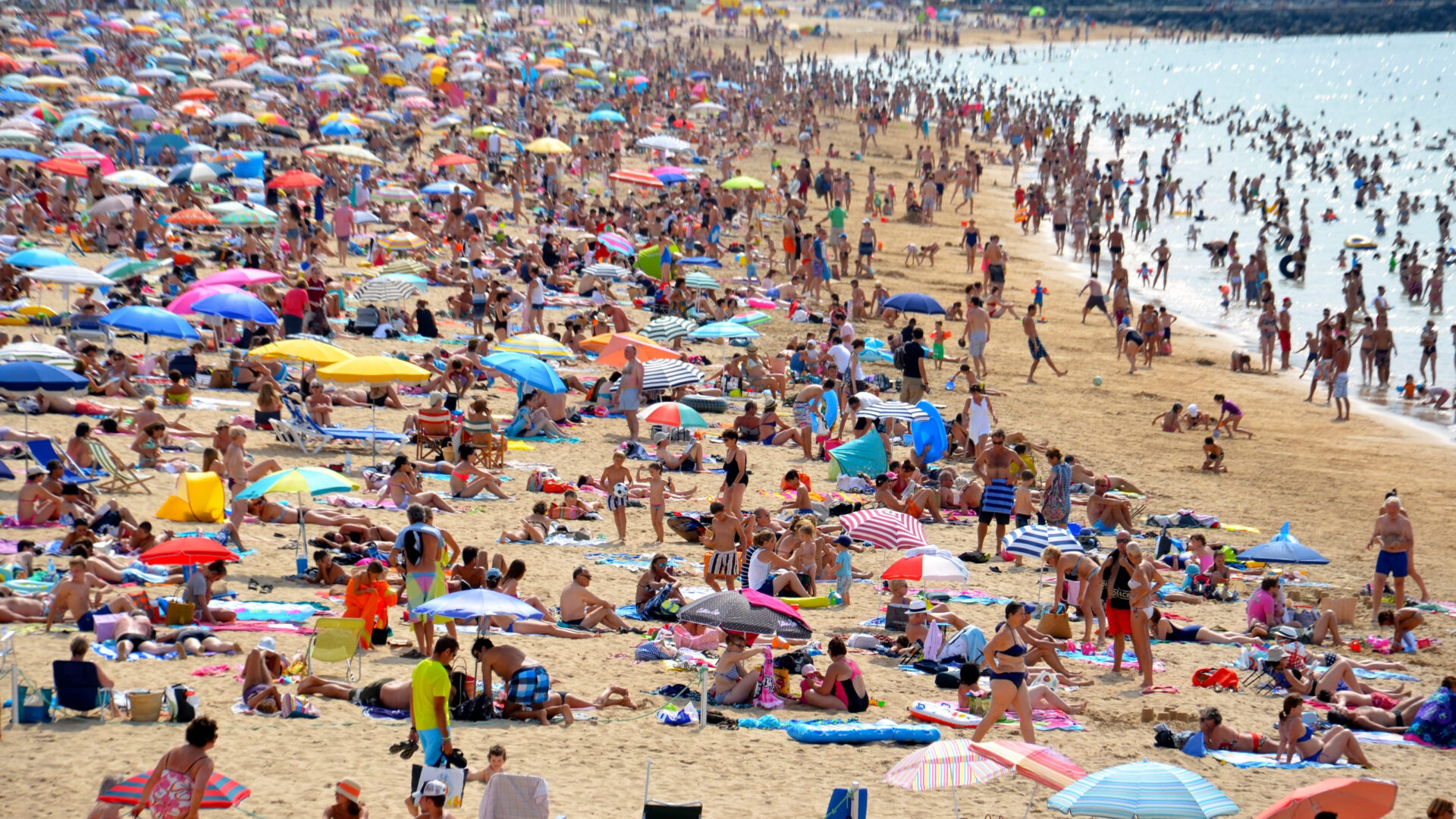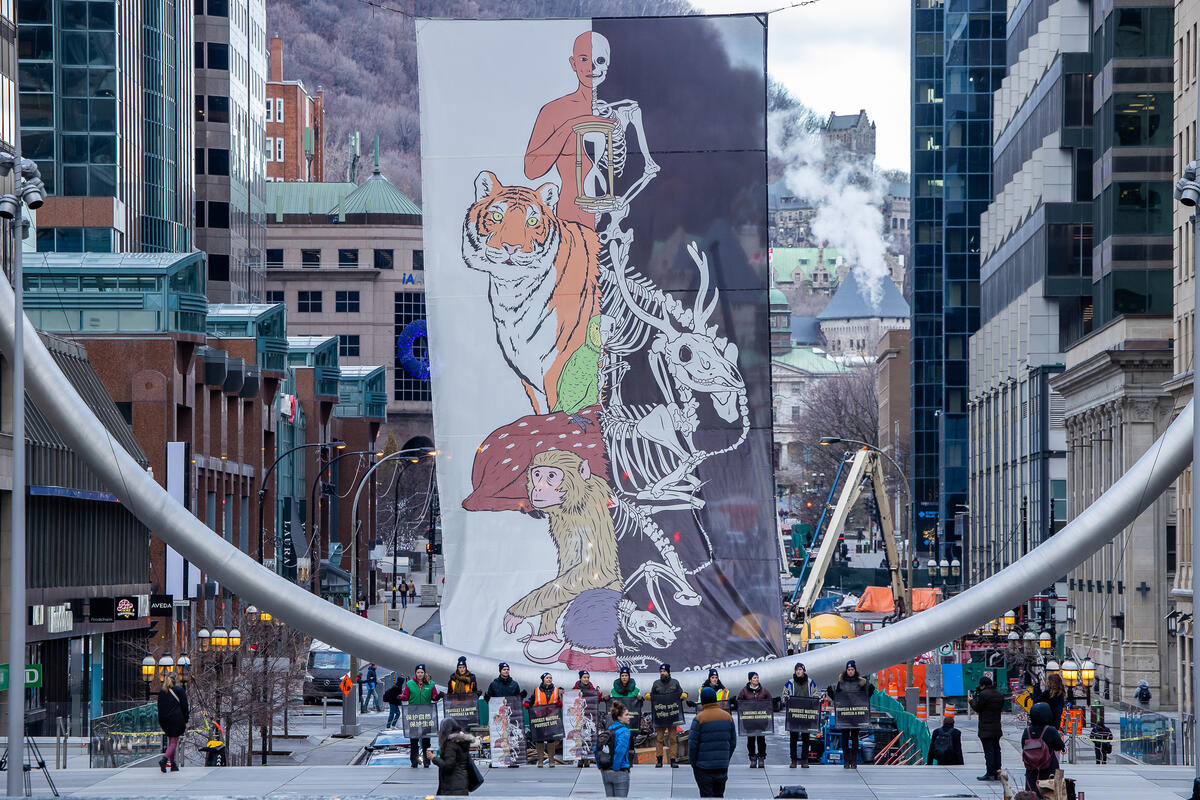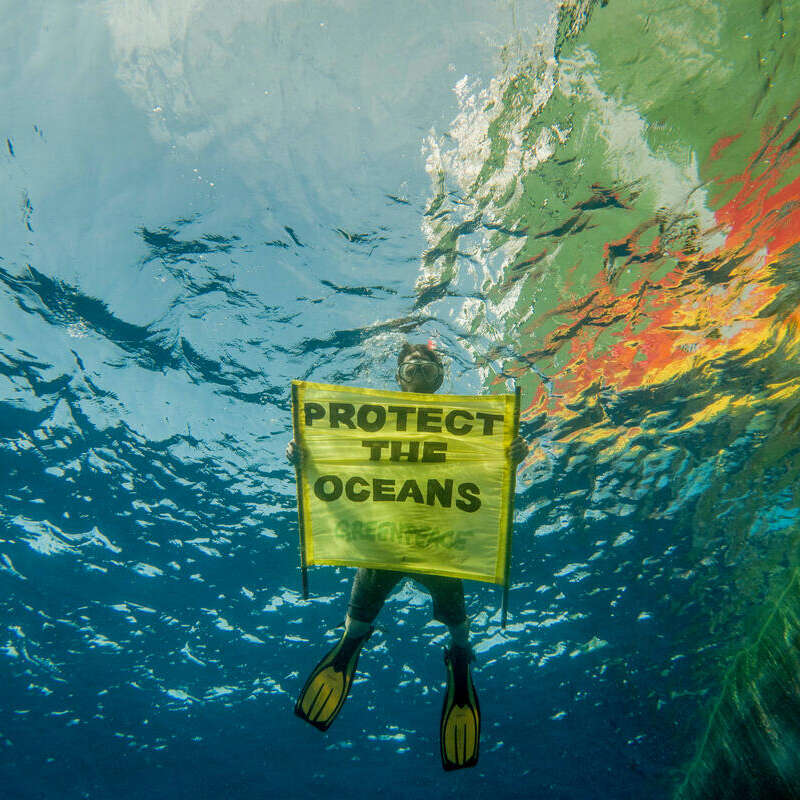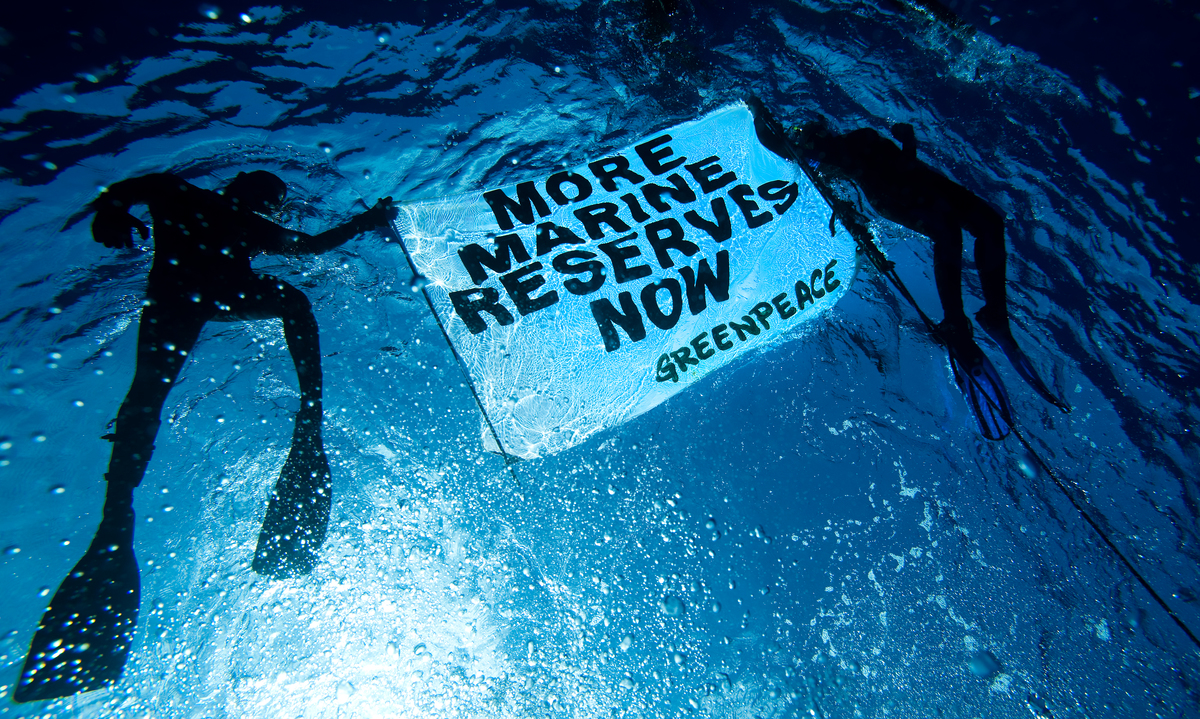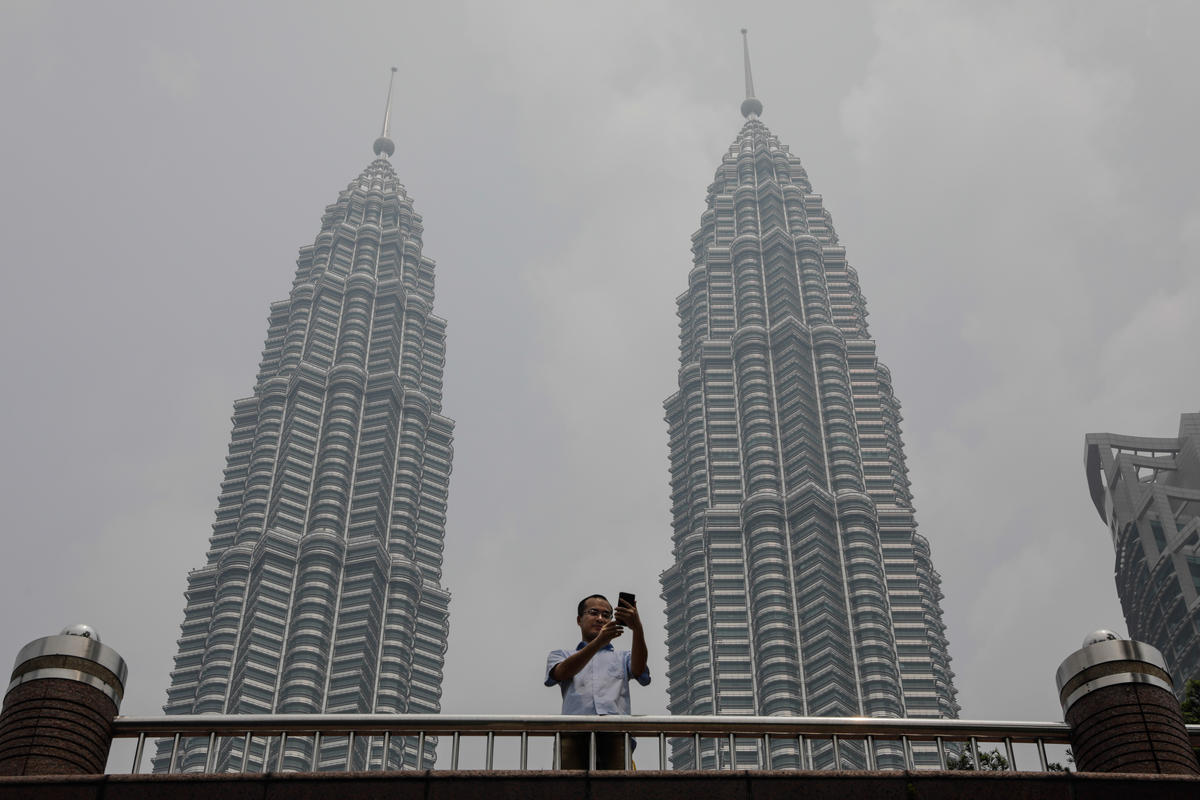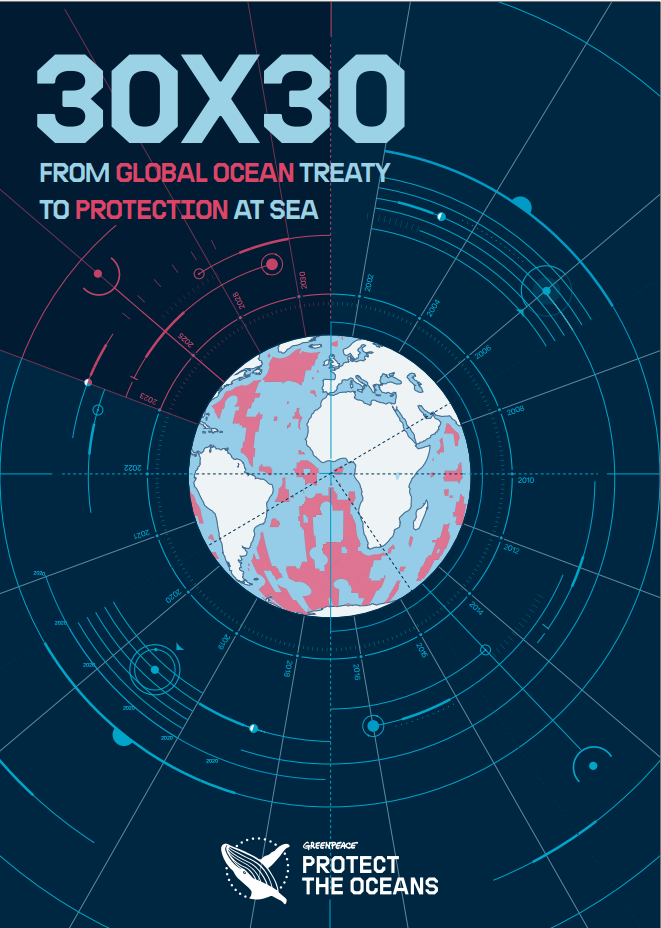All articles
-
Our ocean, our future
At 99 years old, Sir David Attenborough has spent seven decades showing us the wonders of our natural world. In his latest and perhaps most urgent documentary, Ocean, he delivers…
-
“Nice Declaration” for an ambitious plastics treaty
10 June 2025, Nice, France – Over 90 member states at the United Nations Ocean Conference today announced their support to the ministerial declaration “The Nice wake up call for…
-
UN Ocean Conference draft declaration fails to address the ocean crisis
Paris, France – Greenpeace International is alarmed by the state of the UN Ocean Conference draft declaration falls far short of expectations, with less than three weeks to the start…
-
The real-life ‘Moana’ – a battle to protect the oceans against deep sea mining
Everyone knows the saying ‘life imitates art’, but we’d argue that art imitates life when it comes to Disney’s Moana film franchise.
-
Most suncream is terrible for ocean life
For many in the UK, the smell of suncream heralds the beginning of summer, or a long-awaited holiday. And in some places, suncream is a daily essential, certainly in the…
-
The UN Biodiversity COP16 is make-or-break moment for nature protection
This decade leading up to 2030 is a critical one for life on Earth: are we going to help the Earth heal herself and sustain us all? Or are we…
-
Objection to proposed Oil & Gas project in Tun Mustapha Marine Park
An Open Letter to the Ministry of Energy Transition and Water Transformation and the Government of Sabah Regarding Oil and Gas Exploration in an IUCN Marine Protected Area4 October 2024.
-
Red List Fish
Greenpeace's seafood Red List is a scientifically compiled list of 22 marine species that, for a variety of reasons, should not be made commercially available.
-
Oil and gas prospecting near Penang is inconsistent with climate science
In late 2023, Petronas announced a new oil and gas exploration project at the Langkasuka basin, located in the northern area of the Straits of Melaka, just 30km from Penang Island and 20km from Langkawi. New O&G exploration not only detracts from Malaysia’s mitigation responsibilities, but also threatens coastal marine biodiversity, livelihoods of fishing communities…
-
30×30: FROM GLOBAL OCEAN TREATY TO PROTECTION AT SEA
This report details the cumulative threats facing our oceans and includes a new global analysis of high seas fishing activity.

